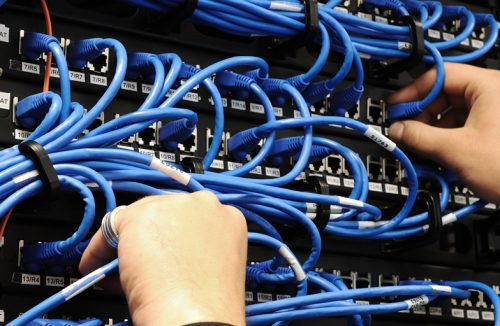COVID-19 Scams
Here are the top 5 ways criminals are taking advantage of COVID-19…
1) Mobile apps. They appear as a live Corona Virus map or top (#) ways to combat infections, etc. Many of these have malware as part of the software, so you install it, they can gain access to everything on your phone: Emails, passwords you use to open apps, banking info if you use the bank’s apps… Don’t install any apps specifically for this pandemic.
2) Email Phishing. These are emails that are trying to get you to click a link or open an attachment. Embedded in these attachments are trojans or malware. Don’t open it if you don’t trust the sender. Once in, they have access to your computer and possibly everything in your network.
3) SMS Phishing. These are texts sent to your phone through your text messaging app or Whatsapp, claiming to be from the government or some other health organization, asking you to help out to donate to the charity. Malicious – don’t click it!
4) Face Mask or Hand Sanitizer scams. I personally get a few of these a day. Basically just spam emails about buying N95, or similar, face masks or some magical hand sanitizer. They appear to be selling you these things but if you buy, you’ll never get it, except they now have your credit card info.
And lastly, #5 Ransomware. These are often sent via email with a link or file attachment. You click it and nothing will appear to happen. Meanwhile, behind the scenes, it’s slowly encrypting EVERY SINGLE FILE in your computer and crawling through your network (think iPad, other laptops) and will be doing the same to those. Once it’s finished, you get a message that your files are encrypted (they are) and the only way to get them back is to pay the ransom ($$$). Sometimes that’s a few hundred dollars, but can go up into the tens of thousands, and in some cases, millions.
There are other scams and attacks, some of which I’ve mentioned in earlier posts, but they all boil down to the same thing: They’re trying to steal from you. They want your phone, your computer, your money… any and all of it.
If you get an email from someone you know, did they write to you in a language or manner they normally use? Does it look suspicious? If you question it, don’t click it. No harm in emailing or calling your friend to confirm if they sent you something.
Stay safe, virtually and physically!

